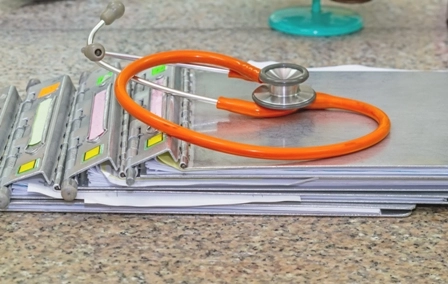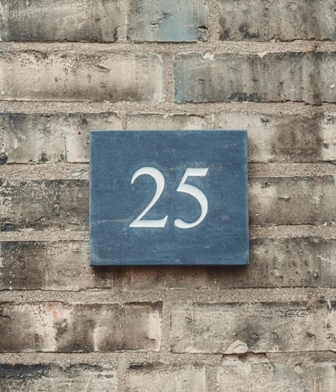Know When You Can Collect Deductibles, Coinsurance
Question: We always collect copays up-front, but we usually bill out deductibles and coinsurance amounts after we get the remittance advice from the payer. Our office manager thinks we should start collecting these at the time of the visit. Is this legal, since we don't yet know what the insurer will pay? Codify Subscriber Answer: In most cases, you are not required to wait for the remittance advice to arrive before you can collect these amounts. Coinsurance: If you properly verify the patient's coverage up-front, you can collect Medicare coinsurance payments before patients leave your office. The rules for deductibles may be slightly different, depending on the insurer. From a compliance standpoint, if the practice knew without a doubt that the patient's deductible had not been met, there is nothing that prohibits the practice from collecting it at the time of service prior to sending the claim to Medicare. However, this may not necessarily be a good business practice. Secondary payers will usually pay you the cost of the patient's deductible, and the secondary payment often arrives at your office before you even receive your Part B reimbursement, so patients with secondary insurance typically won't have to pay you deductible amounts. Some practices collect the deductible up-front as a rule, especially if they see the patient early in January, and then figure they'll just issue a refund later if necessary. But generating all of those refunds can be a headache when February rolls around. Not to mention costly: What you collect from the patient up-front probably isn't as much as you'd spend processing a refund, so most coding experts recommend that you simply wait the two weeks (on average) that it takes to get your Medicare payments and then determine whether the patient owes anything on the deductible. In black and white: Although Medicare doesn't prohibit you from collecting coinsurance or deductibles at the visit, some of the MACs discourage you from collecting the deductible. Part B MAC First Coast Service Options says in an FAQ document on its website (which was updated on Aug. 15, 2017), "If you believe you can accurately predict the coinsurance amount and wish to collect it before Medicare Part B payment is received, note the amount collected for coinsurance on your claim form. We do not recommend that you collect the deductible prior to receiving payment from Medicare Part B because over-collection is considered program abuse and can cause a portion of the provider's check to be issued to beneficiaries on assigned claims."




